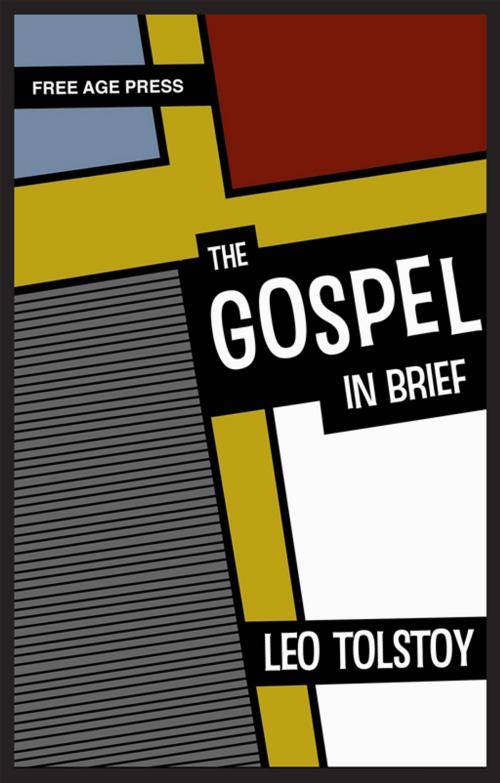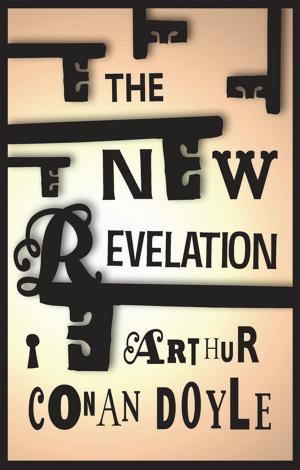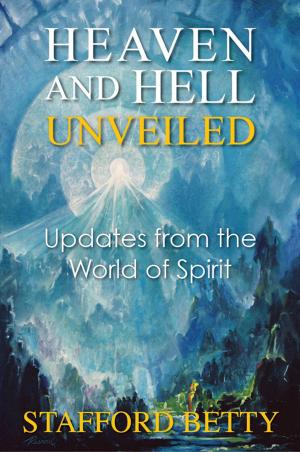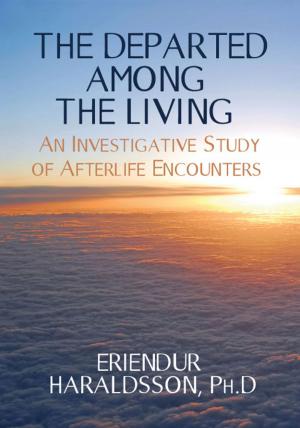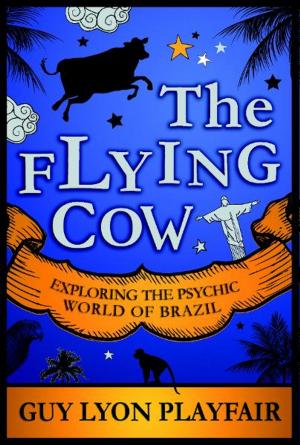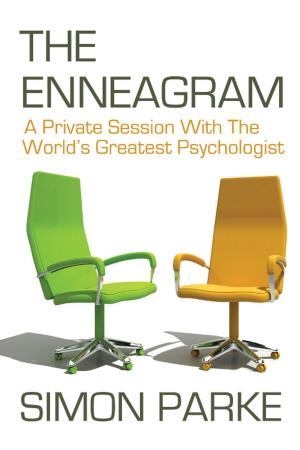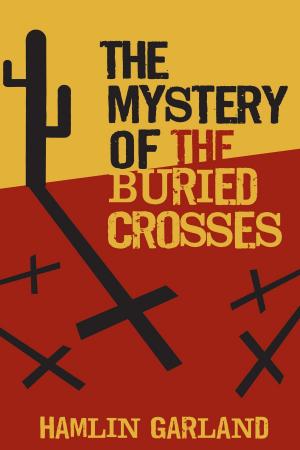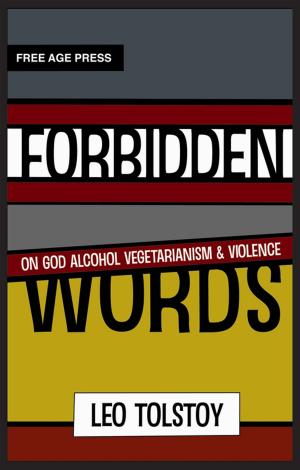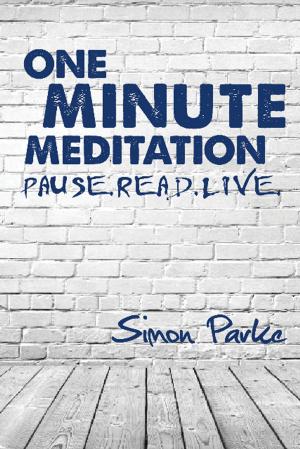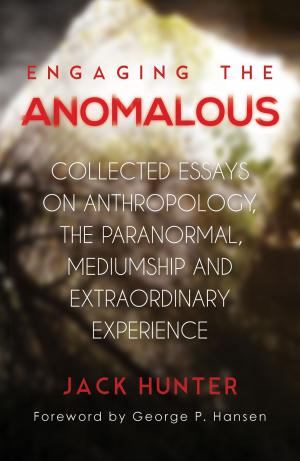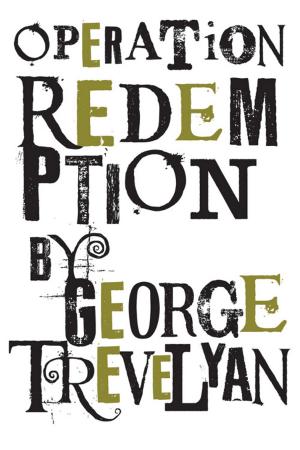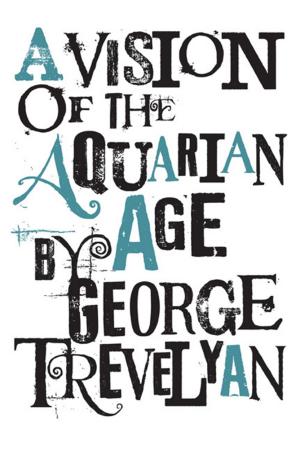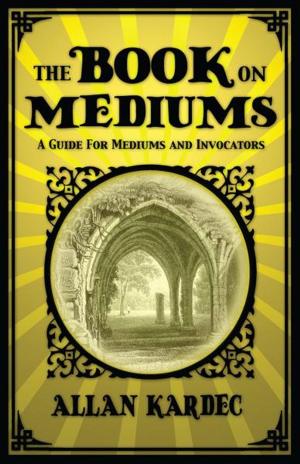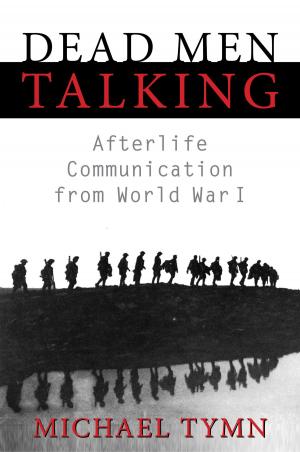| Author: | Leo Tolstoy | ISBN: | 9781907355714 |
| Publisher: | White Crow Productions Ltd | Publication: | March 1, 2010 |
| Imprint: | White Crow Books | Language: | English |
| Author: | Leo Tolstoy |
| ISBN: | 9781907355714 |
| Publisher: | White Crow Productions Ltd |
| Publication: | March 1, 2010 |
| Imprint: | White Crow Books |
| Language: | English |
Written in 1883, 'The Gospel in brief' is Tolstoy's harmonization of the four Christian gospels into one. So now we have Matthew, Mark, Luke, John - and Tolstoy. It is, he says, 'an examination of Christian teaching not according to the church's interpretations, but solely according to what has come down to us of Christ's teaching, as ascribed to him in the gospels.'That which Tolstoy retains from the originals, and that which he leaves out, tells us much about what he regards as essential Christianity. So here we find Tolstoy not concerned with events, but with the teaching; for it is the teaching that gives meaning to life. In his version, there is no place for the famous birth story; the healing miracles or Christ's resurrection. In Tolstoy's view, these were put there to persuade people of Christ's divinity, and are therefore superfluous. We should not be focusing on Christ the Son of God, but on Christ the teacher; and to this end, Tolstoy always refers to Jesus' disciples as 'pupils'. He also never misses a chance to place the Orthodox Church firmly with Christ's opponents. He calls the Scribes 'Orthodox professors' and refers to the teachers of the law, simply as 'Orthodox.' We also find expressed clearly here the 5 commands that Tolstoy regarded as the essence of the gospel:1 Do not be angry, but live at peace with all men.2 Do not indulge yourself in sexual gratification.3 Do not promise anything on oath to anyone.4 Do not resist evil, do not judge and do not go to law.5 Make no distinction of nationality, but love foreigners as your own people. Will the church like this version? Tolstoy doubts it, and expects a response: 'If they will not disavow their lies, only one thing remains for them: to persecute me - for which I, completing what I have written, prepare myself with joy and with fear of my own weakness.' But Tolstoy was both too aristocratic and too famous to be seriously harmed.Simon Parke, author of The One Minute Mystic
Written in 1883, 'The Gospel in brief' is Tolstoy's harmonization of the four Christian gospels into one. So now we have Matthew, Mark, Luke, John - and Tolstoy. It is, he says, 'an examination of Christian teaching not according to the church's interpretations, but solely according to what has come down to us of Christ's teaching, as ascribed to him in the gospels.'That which Tolstoy retains from the originals, and that which he leaves out, tells us much about what he regards as essential Christianity. So here we find Tolstoy not concerned with events, but with the teaching; for it is the teaching that gives meaning to life. In his version, there is no place for the famous birth story; the healing miracles or Christ's resurrection. In Tolstoy's view, these were put there to persuade people of Christ's divinity, and are therefore superfluous. We should not be focusing on Christ the Son of God, but on Christ the teacher; and to this end, Tolstoy always refers to Jesus' disciples as 'pupils'. He also never misses a chance to place the Orthodox Church firmly with Christ's opponents. He calls the Scribes 'Orthodox professors' and refers to the teachers of the law, simply as 'Orthodox.' We also find expressed clearly here the 5 commands that Tolstoy regarded as the essence of the gospel:1 Do not be angry, but live at peace with all men.2 Do not indulge yourself in sexual gratification.3 Do not promise anything on oath to anyone.4 Do not resist evil, do not judge and do not go to law.5 Make no distinction of nationality, but love foreigners as your own people. Will the church like this version? Tolstoy doubts it, and expects a response: 'If they will not disavow their lies, only one thing remains for them: to persecute me - for which I, completing what I have written, prepare myself with joy and with fear of my own weakness.' But Tolstoy was both too aristocratic and too famous to be seriously harmed.Simon Parke, author of The One Minute Mystic
